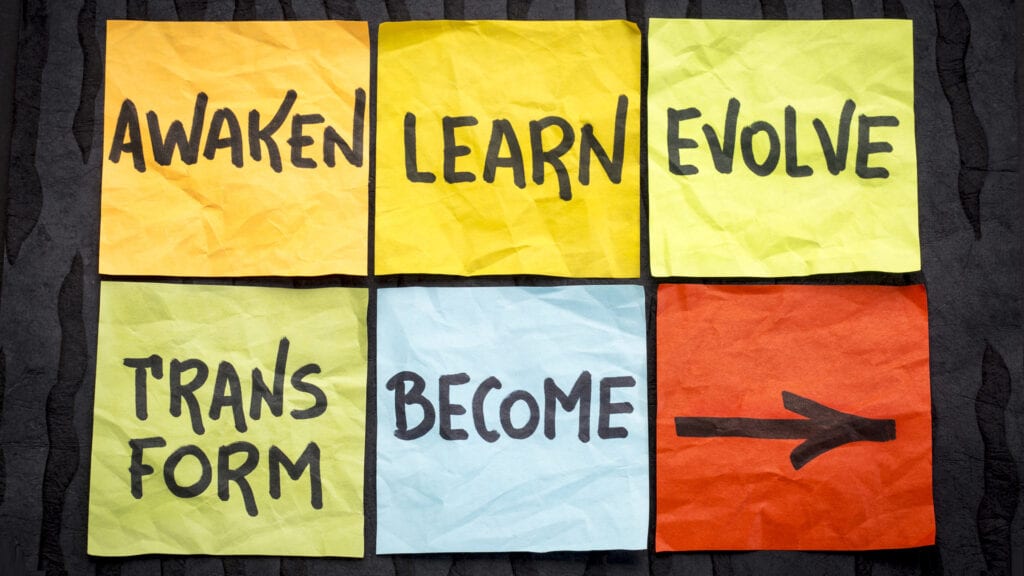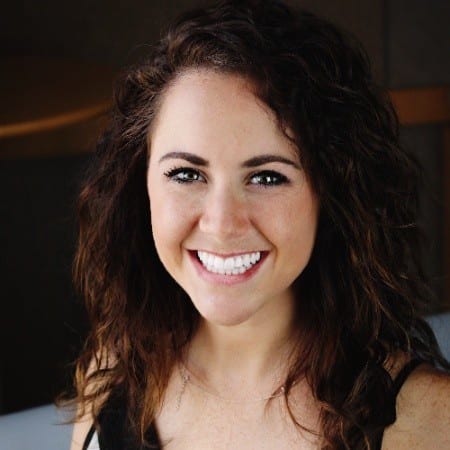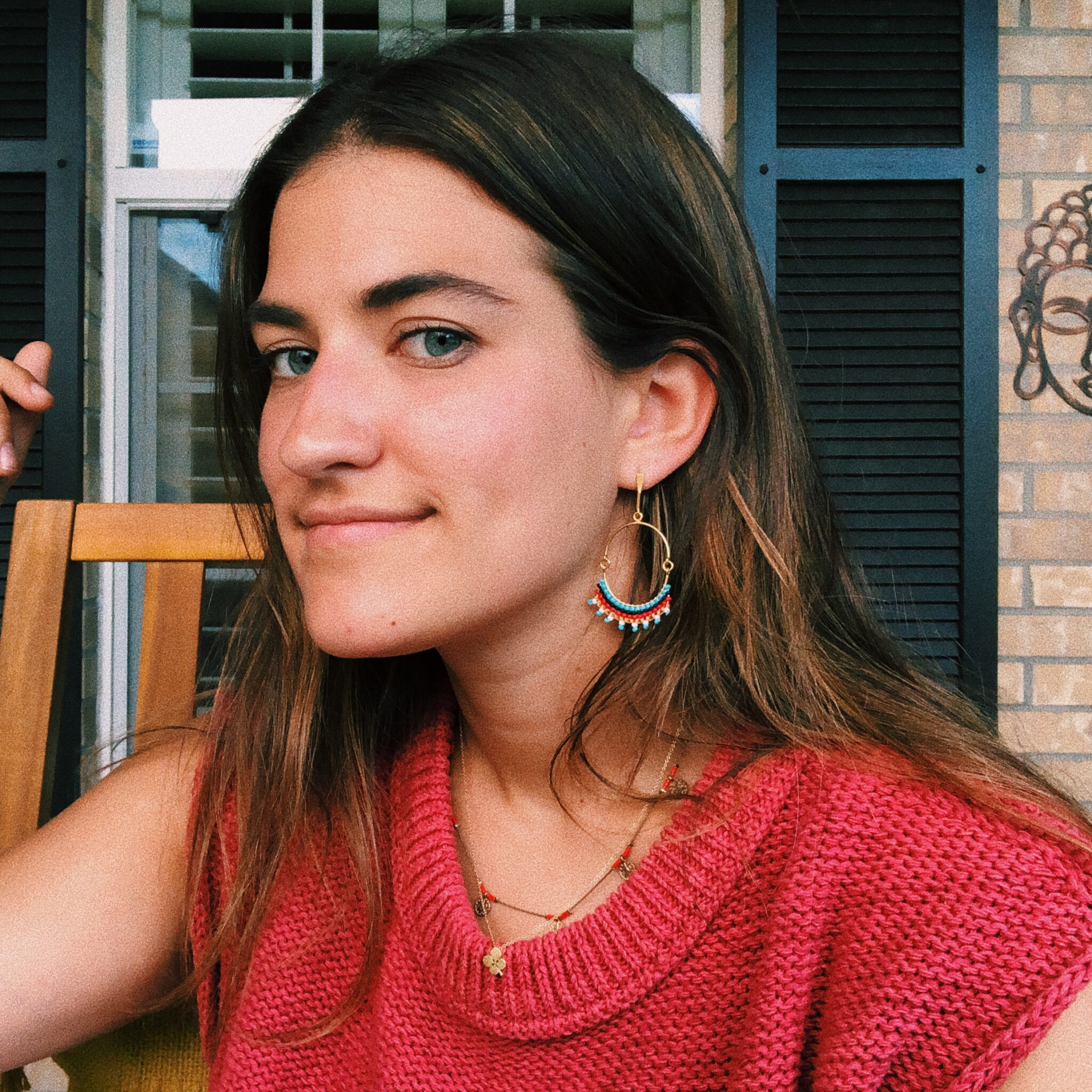Imagine a world where leaders and workplaces are empathetically antiracist, where creativity comes by and for women—with credit where it’s due—where BIPOC and LGBTQIA representation is integral to business success, where wellness is built into the cultural conversation, and where WFH is simply work.
Ketchum sent a delegation to the 3% Conference for two days to learn more about what such a world might look like. The conference theme, “The Radically Inclusive Future of the Workplace,” showcased an emerging era of workplace possibilities, equity and inclusion.

After months of intense change, siloed remote work and a global pandemic, our conversations on conscious leadership, wellness, multigenerational workforces, and agile work environments struck a nerve. As delegates, we were tasked to challenge the status quo, audit our current environment, sear the words radical and inclusive into our reflective minds, and apply it all to our work.
Here is some of what we learned—and how it’s helping us commit to showing up more inclusively.
Remember, if you take care of your people, your people will take care of the business.
- Marc Brackett, founder and director, Yale Center for Emotional Intelligence, discussed the workplace shift to focus on emotional intelligence, inspiring us to better understand our emotions in the workplace—and the need to get specific in doing so. The next time someone asks us how we’re feeling, we’ll take a moment to think about our answer, addressing the specific emotion versus a larger, more intense feeling like “good” or “alright.”
- Simone Wicha, director of Blanton Museum of Art, encouraged us to understand our team members as people, and where they want to go as professionals, in order to find and create unique opportunities to help them get there. As women who manage the next generation of communications consulting professionals at Ketchum, we have started scheduling virtual coffee and cake dates, (known in Sweden as Fika), to get to know our colleagues by discussing their passions and interests—not just their professions.
- Lily Zheng, DE&I consultant, gave a provocative take on corporate social justice, “an approach to societal change centered on the measurable, lived experiences of groups disadvantaged by society, regulated by trust between a company and its employees, customers, and the broader community it touches, and realized through deep integration with every aspect of a business.” This aspirational model outlines how employees should feel empowered to educate their leaders on the changes they’d like to see made. As a result of the session, we have scheduled meetings with senior leaders to discuss infusing corporate social justice into our ways of working.
In our new normal, we’re bringing work into our full selves—not the other way around.
- Jason Rosario, founder and creative director, Lives of Men, noted that wellness programs need to be designed by and for employees, keeping their happiness and wellbeing at the center. With a percentage of Ketchum’s workforce continuing to work from home for the near future, we have started thinking about ways our wellness offerings can extend into new, uncharted areas of working. For example, how can we offer support to parents who have assumed the role of their children’s teacher?
- Shasta Nelson, author and friendship expert, shared the startling statistic that before COVID-19, 60% of the workforce felt feelings of loneliness. With remote work and isolation bringing these feelings to our collective attention, we’ve been able to address loneliness as what it is—an intense emotion we all feel. By leveraging Nelson’s three tools of consistency, vulnerability and positivity, we are working to create an even more authentic, transparent, vulnerable connection to those we work with.
In a workforce with five different generations represented, an endurance for change and pivoting for diverse working styles is imperative.
- Heather Tinsley-Fix, senior advisor, Employer Engagement, AARP, reminded us that we can no longer ask children what they want to be when they grow up because the jobs they’ll likely have don’t exist yet. On the opposite end of that spectrum, we’ll soon be looking at the new definition of retirement: work. If we are going to be working forever, what do we need to do now to reimagine that future? One way to begin is by listening to and engaging with each generation below and above us. Let’s take a page from Gen Z, which is regularly making headlines for the ways they’re changing the workplace. Adopt the respect of Eastern cultures for the perspectives of our more senior, established coworkers. In the present moment, high-five a working parent—remind them of the impact they are making on their children, our future workforce. Remain encouraged!
100% of our workforce has a human story.
- Stephanie Nadi Olson, founder & CEO, We Are Rosie, described how the personal lives of the workforce are changing at a rapid pace, and in unprecedented scenarios. From needing childcare to going through a gender transition, the ability to thrive personally creates the ability to thrive professionally, but most organizations are not set up for that type of success.
- Dalana Brand, VP of People, DE&I, Twitter, stated that radical decision-making has never been more accepted and expected because, from COVID-19 to Black Lives Matter, we are in a constant state of acceleration. All eyes are on senior leadership right now to bring vulnerability, understanding, empathy and intelligence to decision making.
- Claudine Cheever, global head of Brand and Fixed Marketing, Amazon, says it’s time to finally make working from home work. Stop expecting your team to be constantly available and camera-ready. Refocus on culture and realign on your pre-COVID goals. Take the first five minutes of meetings to do a pulse check and allow for friendly banter, but ensure the conversation is inclusive. Bring back creativity, and take time to learn again.
- Cecilia Ambros, senior manager, UX Design, Amazon Fresh/Prime Now/Whole Foods Market, gave valuable tactical ways to manage the pressures of this moment. Block calendars from 11 a.m. to 1 p.m., practice no-meeting Fridays, or host 50-minute meetings that allows for bio breaks before the hour. Encourage awkward silence, or the four-second pause that allows introverts to engage. Take the first stab at a project for a working parent. When returning to the office, come with caution. Beyond health concerns, consider the human story of each of your coworkers, what anxieties they may be experiencing and how to support them through it—at a person-by-person level.
Our delegation’s immediate commitments include:
- Infusing our 3% learnings into upcoming trainings for Ketchum University, which is the industry’s most robust internal employee education and training program.
- Sharing our key learnings and favorite inspiration sessions with core taskforces focused on solving the biggest pain points in our new normal.
- Conducting an executive briefing with collective POVs and desired action items to equip Ketchum’s senior leadership for top-down change.
A radically inclusive workplace doesn’t happen overnight, nor is it the sole responsibility of HR and the senior leaders to address issues and make change. It’s on all of us to be the catalyst for the change we seek, both inside the workplace and out. Radical inclusivity happens in all departments within all levels—when we come together for a common cause, change is inevitable and unstoppable.
Knowing this about the future of the workplace, how will you show up to work tomorrow?




